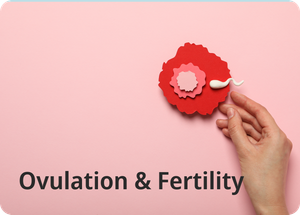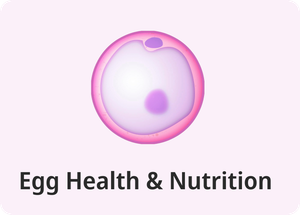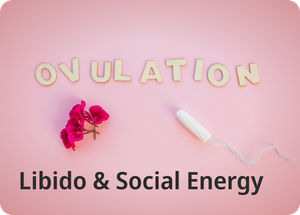Mood swings and irritability are among the most frequently reported emotional symptoms associated with the menstrual cycle. These changes, often part of premenstrual syndrome (PMS) or premenstrual dysphoric disorder (PMDD), arise from hormonal fluctuations and their effects on brain neurotransmitters. While typically self-limiting, they can impact relationships, productivity, and overall well-being. Identifying effective coping strategies is essential for improving quality of life.
Medical consultation is warranted if:
Mood swings and irritability during the menstrual cycle are common, multifactorial, and often manageable with lifestyle strategies, stress reduction, and nutritional support. For individuals with severe or persistent symptoms, medical evaluation and targeted therapy may be required. Empowering women with coping tools fosters resilience and enhances both mental and physical well-being throughout the cycle.
About PeriodSakhi
PeriodSakhi is your trusted companion for understanding your menstrual health. With easy-to-use tools, it helps you track your periods, ovulation, fertility, moods, and symptoms, while providing insights into your overall reproductive and hormonal health. PeriodSakhi also serves as a supportive online community where women can share experiences, find reliable information, and access expert-backed guidance on menstrual health, PCOS, pregnancy, lifestyle, and more.
Disclaimer
The views, thoughts, and opinions expressed in this article/blog are solely those of the author and do not necessarily reflect the views of PeriodSakhi. Any omissions, errors, or inaccuracies are the responsibility of the author. PeriodSakhi assumes no liability or responsibility for any content presented. Always consult a qualified medical professional for specific advice related to menstrual health, fertility, pregnancy, or related conditions.
Start the conversation
No comments yet. Start the conversation by leaving the first comment!




